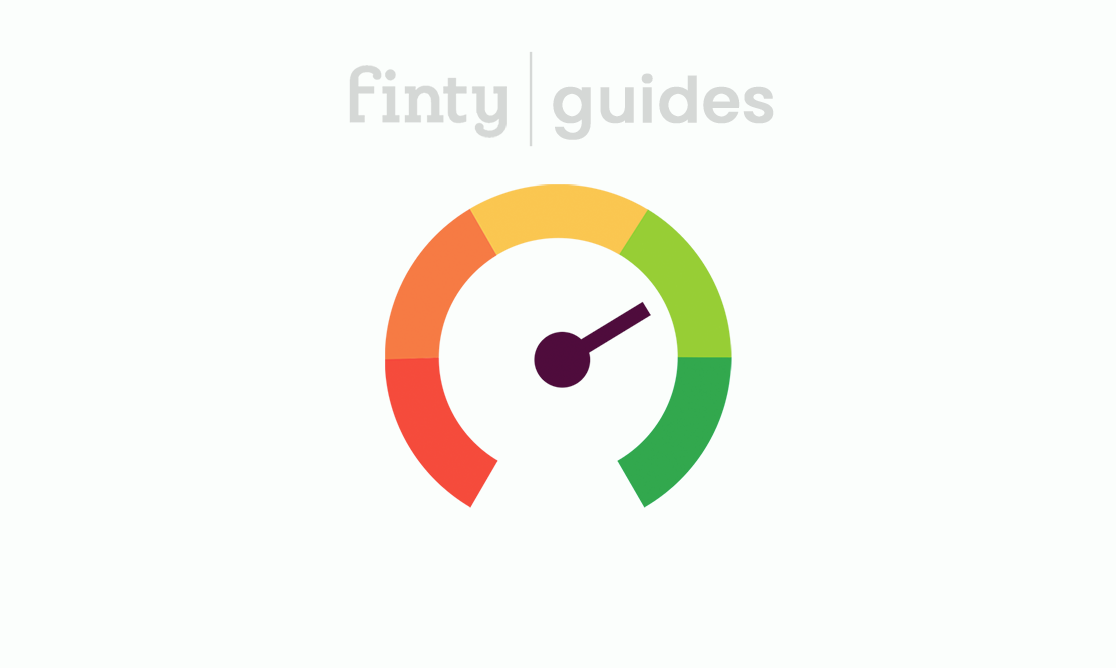- When you apply for credit — a credit card, home loan or other loan — your credit score is one of the first things that lenders check.
- Your credit score is a number assigned to you by a credit reporting body (CRB) which is calculated based on a variety of factors in your past performance in using credit and paying it off on a timely basis.
- A good credit score will make it easier and less expensive to take out loans and credit cards because you will be offered better interest rates and may also save money on lenders’ insurance.
Whether you are planning to take a home loan, a personal loan or a credit card, most lenders will only consider you if you have a good credit score. Those with a poor credit score will find their choice of lenders to be very limited. And if your credit score is poor, those few lenders who are willing to work with you – say for example, for a home loan – will expect you to pay a higher interest rate and are also more likely to ask you to pay for Lenders Mortgage Insurance (LMI), which can be rather expensive. These are just some reasons why you should maintain a good credit score.
Read this guide to find out all about credit scores, how they are calculated, what ranges are considered good scores in Australia, the benefits of having a good credit score, and much more.

Not sure what you score is?
Get your free credit score
Make better financial decisions.
Register for free with no contract.
Check as often as you like.

Inside this guide
What is a credit score?
A credit score is a number that depicts the creditworthiness of a consumer.
The higher your credit score, the less risky you appear to potential lenders. Your credit score is based on your credit history. Numerical values are assigned to credit events in your file, with positive behaviour adding to your score and negative behaviour reducing it.
Credit scores are assigned by a credit reporting body, sometimes called a credit bureau, and shortened to ‘CRB’. CRBs are independent bodies that collect credit information about individuals from lenders, and maintain records and calculate credit scores for both individual borrowers and business borrowers. Most lenders provide information to more than one CRB and make use of credit scores from various CRBs in making their lending decisions.
The three biggest CRBs in Australia are illion, Experian and Equifax.
What is a good credit score in Australia?
A good credit score depends on the CRBs that your bank or credit card issuer uses. Different credit reporting bodies – such as illion, Equifax and Experian – have different credit scoring systems. Some of them have a system that assigns the highest score as 1,000 while others use systems with a top score of 1,200.
Here are the credit score ranges that the main credit reporting bodies in Australia assign for excellent, very good, average, fair and low credit scores:
| Credit score range | illion | Equifax | Experian |
|---|---|---|---|
| Excellent | 800 – 1,000 | 833 – 1,200 | 800 – 1,000 |
| Very good | 700 – 799 | 726 – 832 | 700 – 799 |
| Average | 500 – 699 | 622 – 725 | 625 – 699 |
| Fair | 300 – 499 | 510 – 621 | 550 – 624 |
| Low | 0 – 299 | 0 – 509 | 0 – 549 |

Important
Checking your credit score has no impact on it, either positively or negatively.
The benefits of having a good credit score
A good credit score is an asset, just like a good reputation. There are many benefits to having a good credit score.
With a good credit score:
- You can qualify for lower credit card interest rates.
- You get better (lower) premium rates on car insurance.
- You get a wider choice of home loans.
- You may possibly have LMI waived when getting a home loan, even though you don’t quite have an 80% deposit.
- You can ask for and get approved for higher credit limits on credit cards and loans of all types.
- It becomes easier to qualify for instalment payment plans, such as mobile phone purchases, high value household equipment, computers and other devices.
- You may be able to buy high value items without paying a deposit.
- A good credit score may be necessary for getting certain jobs. And having a good credit score helps make a good impression on employers who may actually check this during the recruitment process (provided they obtain your written permission first).
How to improve your credit score
If you are a young person just starting out on your financial journey, taking out a credit card and using it responsibly by making timely payments, and not using the entire credit limit, is a great way to improve your credit score.
Here are some ideas on how to improve your credit score over time:
- Regularly check your score.
- Go through your free credit report carefully, checking for errors.
- If you find errors, contact the CRB to have them rectified.
- Pay your bills on time.
- Keep a low debt-to-credit ratio on your credit card.
- Consider asking your credit card issuer for an increased credit limit and borrow well below the new available credit.
- Consider keeping any unused credit accounts, such as credit cards open.
- Avoid applying for too many credit cards within a short period.
- Using more credit can help build up your credit score. This may feel counter-intuitive, if you believe taking on credit is a bad thing. But this is how it works. More credit, and using it responsibly makes you more creditworthy.
- You can use different types of credit responsibly – such as car loans, home loans and credit cards – in order to help raise your credit score.
- Avoid changing jobs and houses frequently because it comes out as a sign of instability and lack of staying power.
- Don't break your lease without paying what you owe.
For more details, check out our article on how you can improve your credit score.
FAQs
What is a good credit score to buy a car?
There is no official number for a credit score that makes you eligible for a car loan. It can vary by the lender and lenders do not disclose this information. But in general, the higher your credit score the better off you are when applying for a car loan.
- Excellent. If your credit score is excellent you will find it easy to get a car loan. You will also have access to more loan options and lower interest rates.
- Very good. If your credit score falls in this range, you belong to the top 40% among creditworthy Australians and most lenders will give you a car loan.
- Good. A good credit score puts you in good standing with creditors and you have a good chance of getting your car loan approved with lower interest rates than those who have average credit ratings.
- Average. An average credit score puts you among Australians that have negative items listed on their credit reports. You may find that before approving your car loan, the lenders will require additional info and impose conditions that are not required of those with better credit ratings.
- Below average. Lenders consider you as a high risk borrower. You will face difficulty in getting your car loan approved. There may be some lenders who will approve a car loan for you, but expect to pay very high rates of interest for the loan.
Refer the table above for how different credit reporting bureaus classify credit score bands.
What is a good credit score to buy a motorcycle?
As with car loans, there is no official number for what credit scores are considered eligible for motorcycle loans. In general, the higher your credit score, the better.
Lenders consider motorcycle loans as belonging in a higher risk asset class compared to car loans. Having a good to excellent credit score with a clean credit report will help you get financing for your motorcycle. An excellent or very good credit score will also help you secure the best bike loan rates in the market.
What is a good credit score to buy a house?
There is no official number that is agreed among banks and other lenders on what credit score makes you eligible for a home loan. In general, the higher the credit score, the better your chances of getting a home loan without LMI and with a smaller deposit than the regular 20% of LVR.
Lenders consider a whole host of factors when checking your eligibility for home loans, in addition to checking your credit score. These include:
- The size of your deposit
- Your income
- Whether you are a wage earner, a self-employed person or investor
- Your age
- Other debts you have
The bottom line
A good credit score is an indication of how responsible you are as a borrower. It is a sign of reliability and ability to repay what you borrow.
If you have a low credit score, that may be due to one of the following:
- You are new to using credit and have a thin credit file, so there is little for CRBs to go on;
- You have been financially irresponsible as a borrower;
- There are errors in your credit report.
All three things are within your control to change.

